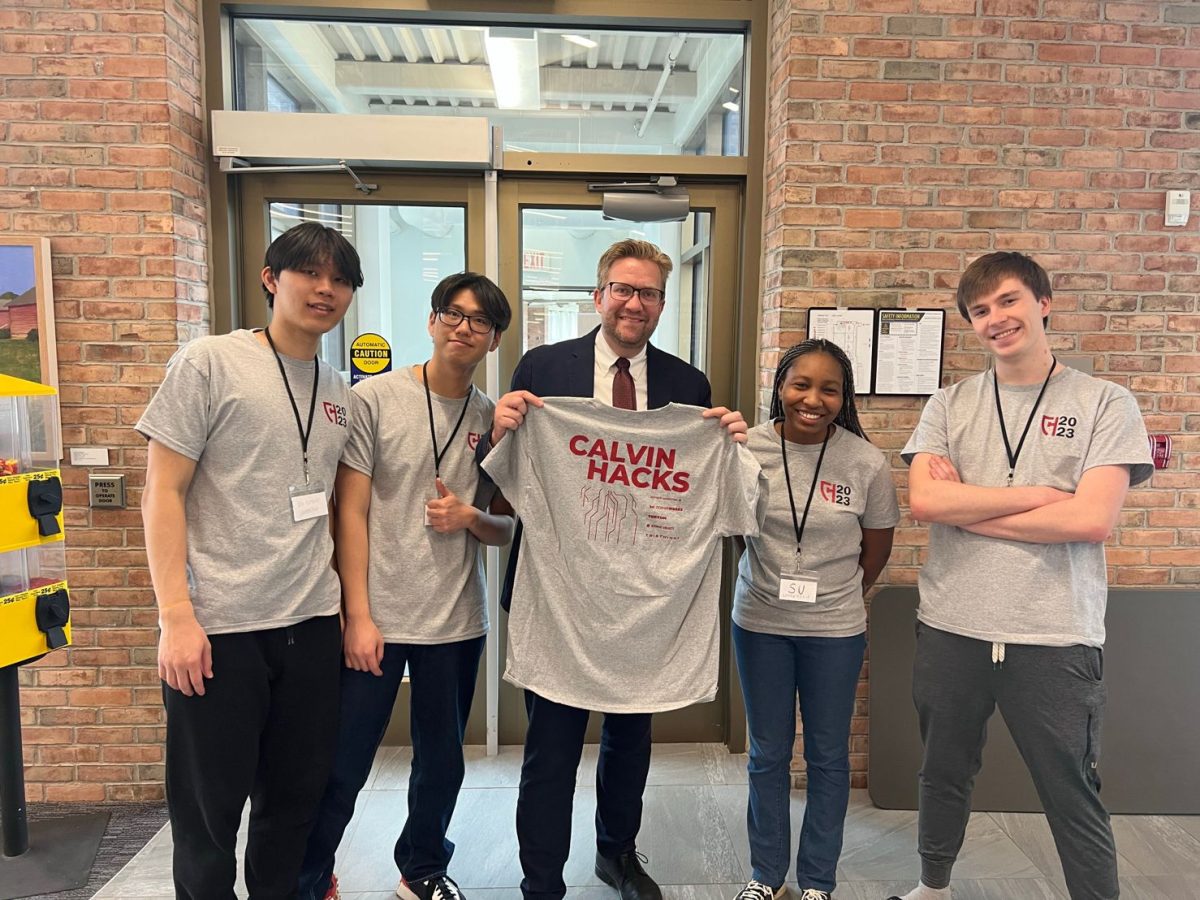Last Tuesday, Facebook announced that it would acquire virtual reality startup company Oculus VR, Inc. for $2 billion. While the company’s founder, Palmer Luckey, and its chief technical officer, famed game developer John Carmack, defend the move, it attracted derision from numerous sources. The move comes just after Facebook announced a $19 billion purchase of messaging platform WhatsApp. This is a significant move for the world’s most popular social network as it expands into new markets.
Facebook CEO Mark Zuckerberg said in an official statement on the merger: “Imagine not just sharing moments with friends online, but entire experiences and adventures” (LA Times). He characterized the purchase as a “long-term bet on the future of computing” since virtual reality has immense potential for facilitating social interaction between users. While analysts like S&P Capital IQ’s Scott Kessler doubted the wisdom of buying into virtual reality when the field has proven so fruitless in the past, Facebook’s chief financial officer David Ebersman noted that Facebook’s management felt it could justify the acquisition “just on the games opportunity” if Oculus’ project turned out as they expected (Ars Technica).
For Oculus’ part, the move met with resistance from longtime supporters of the company who feared Facebook would corrupt the product with its advertising-based business model. Notable Swedish game developer Notch (real name Markus Persson), who created Minecraft and began developing a version for the Oculus Rift headset, cancelled production on the project when he heard about the buyout. “Facebook is not a company of grass-roots tech enthusiasts,” he wrote in a blog post, adding, “I don’t want to work with social, I want to work with games.” While he offered his congratulations to the “talented” staff at Oculus, he admits that he “did not chip in 10 [thousand dollars] to seed a first investment round to build value for a Facebook takeover.”
Many of Oculus’ early backers, including those who donated money to the company’s Kickstarter project a year ago, expressed a similar sentiment. While venture capitalists who invested in the company profited handsomely from the buyout, normal consumers who backed the headset’s initial production will get nothing because they have no equity in the company. Venture capitalist Mo Koyfman dismisses these backers’ bitterness: “I don’t think the Kickstarter backers were backing it because they wanted a financial win … they wanted to experience [the product]” (The Verge).
Even those who did not spend their money on the Kickstarter campaign have expressed their mistrust of Facebook and its presumed intentions for its new acquisition. Joao Branchier, a Brazilian who bought a developer model of the new headset, said, “I understand that Facebook will supply Oculus with unlimited money for development and we will probably get a better product, but I fear they may try to make it just another product to get revenue and forget all about the indie essence of the project” (The Verge). Others voiced concerns about privacy, as Facebook’s entire business model is predicated on acquiring information from users and selling it to advertisers. This keeps the site apparently free to use but creates a powerful incentive to record and monetize everything that users post regardless of privacy concerns.
John Carmack, the founder of id Software who left that company to join Oculus as its chief technical officer, said that, while the move surprised him, he considered it a positive step toward broadening virtual reality access to a potentially huge market (The Verge). While the outrage has continued, with some sending death threats to Luckey, there is as of yet no indication of what direction Facebook will take with Oculus. The product remains promising, and with Japanese conglomerate Sony producing its own VR headset, the field appears to be attracting gigantic competitors.






